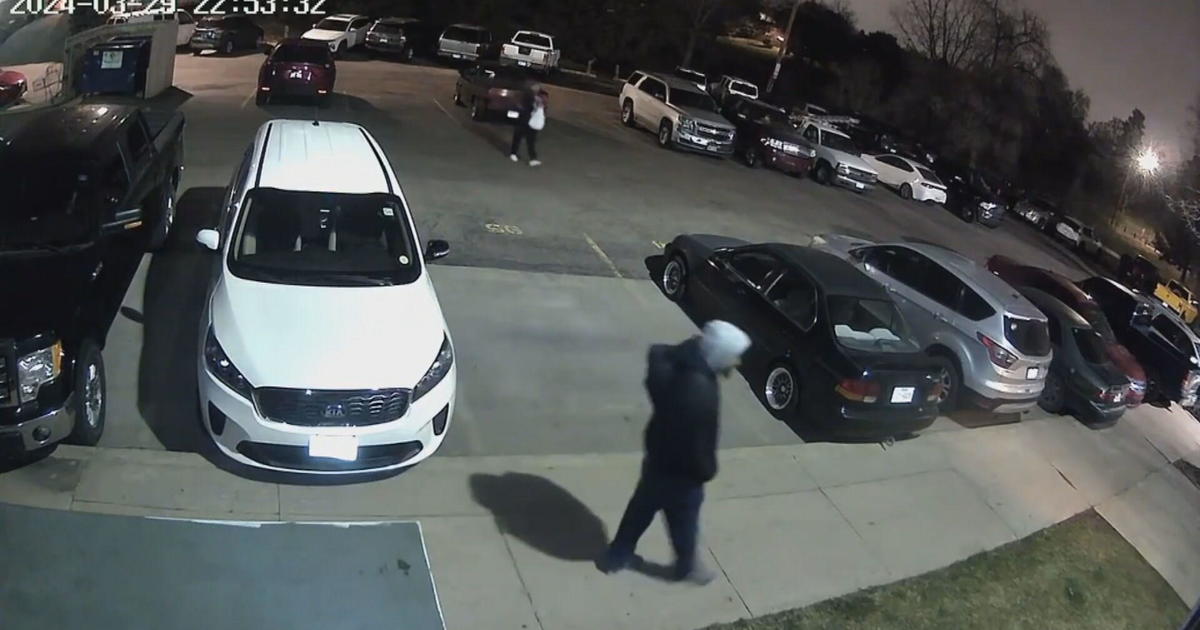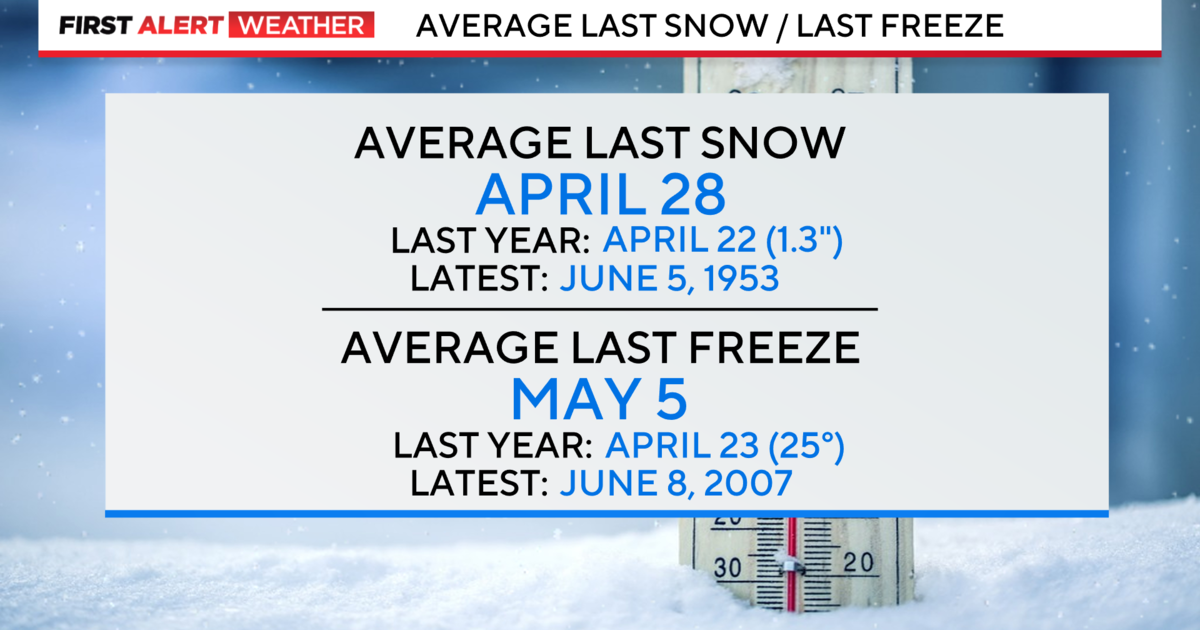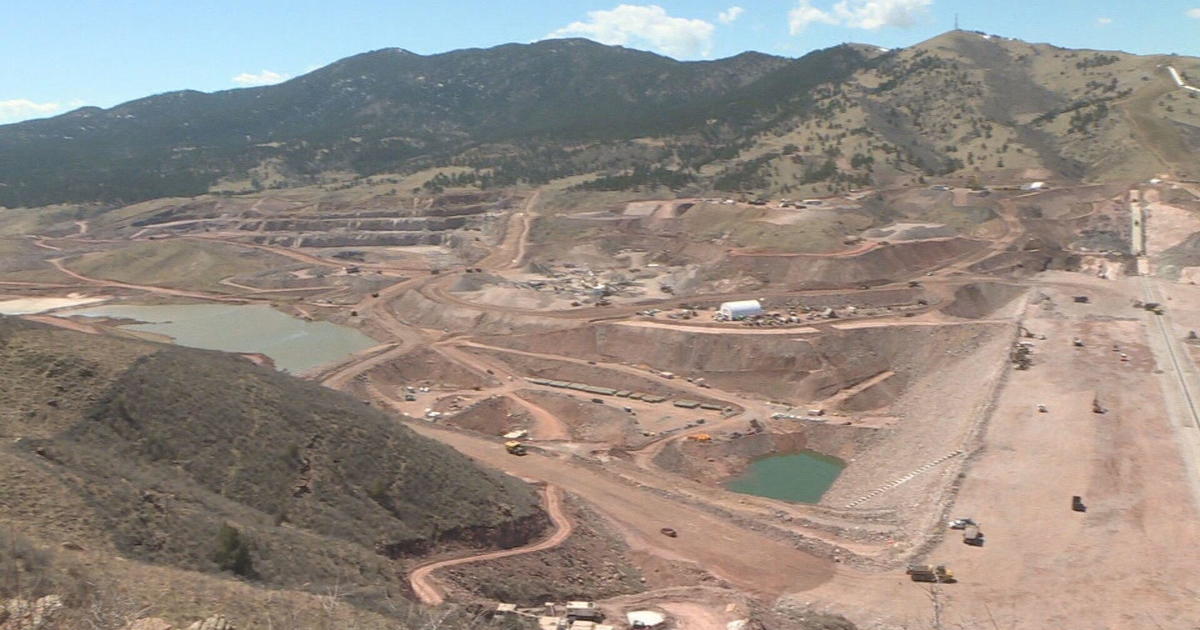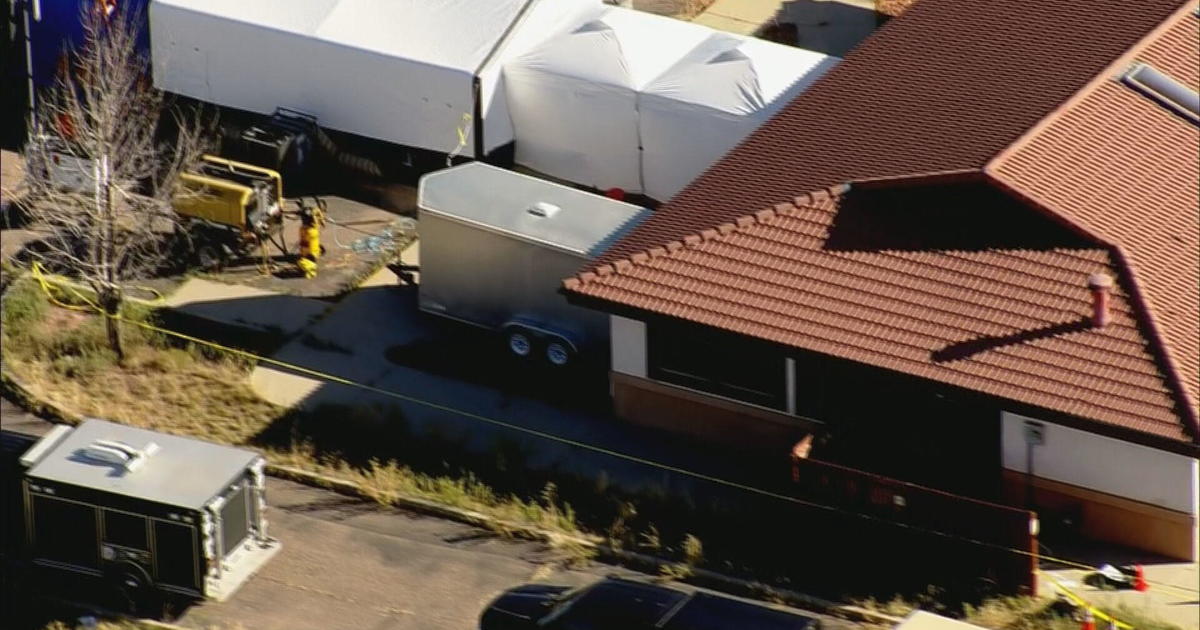Fast Growth For Denver's Infinite Monkey Theorem
DENVER (AP) - Englishman Ben Parsons was tired of seeing wine sipping presented as a pinkies-up affair when he launched his urban winery, Infinite Monkey Theorem, in Denver in 2008.
With $350,000 in startup money, Parsons' crew crushed mostly Colorado grapes in a Denver alley and shipped wine bottles labeled not with chateaus and grapevines but a grittier, graffiti-like etching of a chimpanzee.
Last year, the winery started selling some of its wine in slim, handheld aluminum cans, the better for active Colorado drinkers to tuck its wines away for a sip while skiing, camping, fishing, hiking, rafting or biking. The winery threw a party inside the Smuggler Mine in Aspen to celebrate its canned creations, with women in cocktail dresses and high heels gamely agreeing to sign waivers before traipsing through the old silver mine wearing helmets.
Now the winery is moving into a roughly 30,000-square-foot warehouse in the artsy, up-and-coming River North, or RiNo, neighborhood where Parsons, 36, envisions having a rooftop garden, potential farmers market, restaurant and tap room, coffee shop and maybe outdoor movies splashed on its massive walls.
Infinite Monkey plans to double production to 12,000 cases this year. The winery had $1 million in sales last year, and Parsons projects $1.6 million to $1.8 million in sales this year, with his grape supply supplemented with fruit from other states.
Statewide, Colorado wineries sell about 1.1 million liters annually, according to the Colorado Wine Industry Development Board. A statewide sales figure wasn't available.
The board's executive director, Doug Caskey, called Infinite Monkey Theorem's rise "meteoric," thanks to relationships Parsons built with chefs and wine buyers who got his wines into top restaurants.
Yet Parsons has shunned being listed on the board's website and disagrees with its work supporting all wineries in the state, regardless of size or reputation, Caskey said.
"Ben is outspoken. He's kind of a lightning rod in that respect," he said. And yet, "You won't find anybody who says he's hurting the industry. He's opening doors that have never been open to Colorado wine before," Caskey said.
Parsons didn't always want to be a winemaker. Originally of Kent, he earned a degree in animal science hoping to be a veterinarian. After visiting vineyards in New Zealand and Australia, he decided to study oenology.
Canyon Wind Cellars in Palisade, Colo., was the first to offer him a job. He later worked for Sutcliffe Vineyards outside Cortez, but the death of his father to colon cancer in 2007 helped push him on the path to start his own winery, he said.
Denver seemed the perfect spot: not as competitive as California, median age in the mid-30s, highly affluent and educated residents, with a restaurant scene that was blowing up. "People are hungry for food and wine. What's better than not flying to California to see an operation, engage and hang out," Parsons said.
From the start, Parsons' business plan was to present wine for a young, urban crowd. He had spent time selling wine in London.
"That introduced me to a very stuffy, pretentious, elitist crowd of wine drinkers," he said. "It just seemed so bizarre for wine to be presented in that way, only for the elite."
He hopes a more populist approach makes Coloradans as loyal to Infinite Monkey as they are to their homegrown craft brewers.
"People are so proud of Colorado beer. They should be proud of Colorado wine," he said.
- By Catherine Tsai, AP Writer
(© Copyright 2012 The Associated Press. All Rights Reserved. This material may not be published, broadcast, rewritten or redistributed.)



